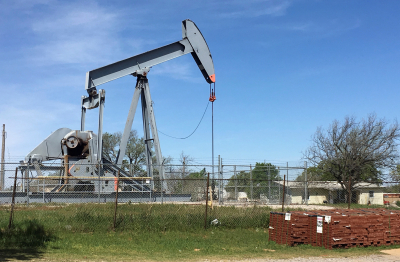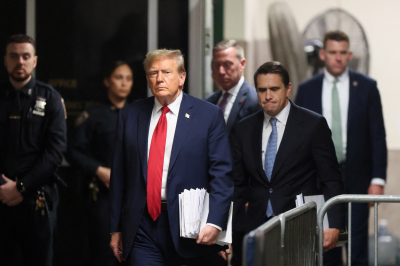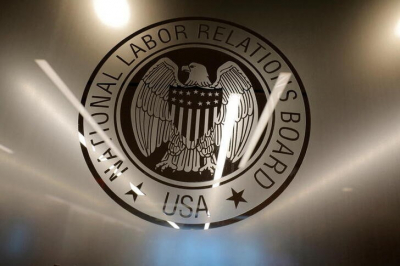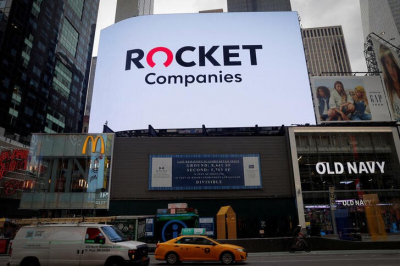
Candid Insights: Microsoft President Dispels Notions of Imminent Super-Intelligent AI
In a recent statement from Microsoft's President, Brad Smith, the tech giant has dismissed the likelihood of achieving super-intelligent artificial intelligence (AI) within the next 12 months, emphasizing that such a groundbreaking advancement may take years, if not decades. The remarks come amidst developments at OpenAI, where cofounder Sam Altman faced a temporary removal as CEO, triggering a swift reinstatement following protests from employees and shareholders.
Reports suggest that Altman's removal was linked to concerns raised by researchers about a project named Q* (pronounced Q-Star), an internal initiative at OpenAI exploring artificial general intelligence (AGI). AGI refers to autonomous systems surpassing human capabilities in economically valuable tasks. While some insiders view Q* as a potential breakthrough, Microsoft's President rebuffed claims of a dangerous discovery and highlighted the extended timeline for the development of such advanced AI.
Smith underscored the imperative need for a focus on safety measures in AI development, emphasizing that while AGI might be a distant prospect, the time to implement safety precautions is now. The divergence between OpenAI's board and Altman extended beyond concerns related to technological advancements, with commercialization strategies and risk assessment also playing pivotal roles in Altman's ouster.
Addressing speculations about the influence of the researchers' warning on Altman's removal, Smith clarified that it wasn't a primary factor. Instead, he emphasized the necessity for safety mechanisms, drawing parallels to safety brakes in various contexts, including elevators, electricity circuits, and emergency brakes for buses. According to Smith, incorporating safety brakes in AI systems controlling critical infrastructure is crucial to ensuring they consistently remain under human control.
As the landscape of AI development evolves, Microsoft's stance reflects a cautious approach, balancing the pursuit of innovation with a commitment to addressing potential risks and ensuring responsible AI practices.
In conclusion, Microsoft's President, Brad Smith, has conveyed a measured perspective on the timeline for achieving super-intelligent artificial intelligence (AI), emphasizing that such a milestone is unlikely within the next 12 months and could potentially take years, if not decades. The statements come in the context of developments at OpenAI, where cofounder Sam Altman faced a temporary removal as CEO, triggering concerns related to a project named Q* and its potential implications for artificial general intelligence (AGI).
While reports suggest internal debates at OpenAI about the risks associated with AGI, Smith's remarks dismiss claims of an imminent dangerous breakthrough. The focus, according to Smith, should be on implementing safety measures in AI development, irrespective of the distant nature of achieving AGI.
Smith's comments also shed light on the multifaceted reasons behind Altman's removal, encompassing not only concerns about technological advancements but also considerations about commercialization strategies and risk assessments. The divergence between OpenAI's board and Altman highlights the complexities in navigating the ethical and strategic aspects of AI development.
As the discourse on AI safety continues, Smith advocates for the integration of safety brakes in AI systems controlling critical infrastructure, drawing parallels to established safety measures in various domains. This underscores the importance of maintaining human control and ensuring responsible AI practices in the evolving landscape of artificial intelligence.
In essence, Microsoft's cautious approach, as articulated by Smith, reflects a commitment to balancing innovation with ethical considerations and proactive measures to address potential risks in the ongoing pursuit of advanced AI technologies.





